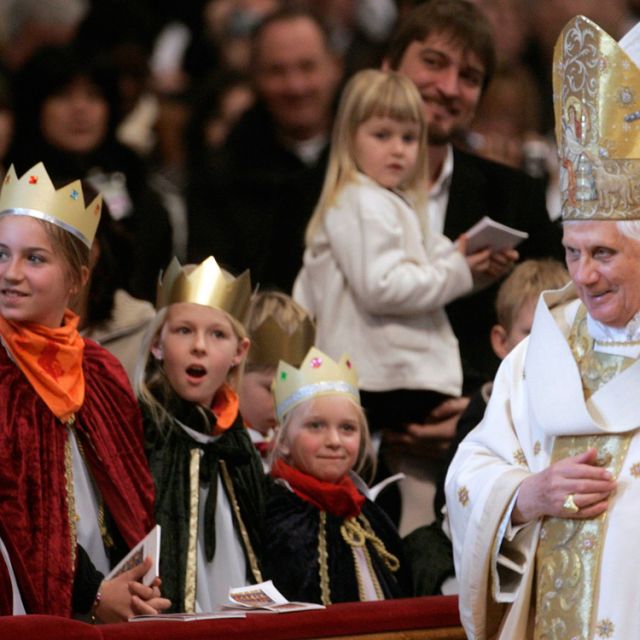TORONTO - On World Day of Peace, Pope Benedict XVI said the enthusiasm and idealism of youth offers new hope to the world.
As he talked about the theme of “Educating Young People in Justice and Peace” Jan. 1, he emphasized the potential of young people in today’s society, as well as the responsibilities of parents, educators and youth to look towards Christ and encourage each other.
Antonio Fernando, a first-year English student at the University of Toronto, said acting on this message would mean better awareness of what’s going on in the world.
“At World Youth Day, (the Pope) wanted us to be open to whatever’s happening in the world, to appreciate where we are coming from and to keep improving ourselves,” said Fernando.
Angela De Ciantis, a third-year psychology student at Toronto’s York University, takes a more internal approach to this theme.
“It shows a need to understand those terms (justice and peace), because you can have different interpretations,” she said. Not only should youth be aware of issues surrounding them, but they should also reflect on exactly how they see justice and peace, she said.
Pope Benedict XVI talked briefly about family, calling parents “the first educators.” Although Brandon Cheong, a Grade 11 student from Cardinal Newman Catholic High School in Toronto, understands the value of family, he said it is becoming less important from the perspective of our culture.
“You learn how to behave first from your parents, but today, the family is secondary to the values of society,” said Cheong.
“Families are spending less time with each other, so there’s no longer that binding heart of what the family used to be. Families rely more on the education system to say what’s acceptable.”
Also mentioned are the roles of teachers and educators, whom the Pope calls to promote Catholic values.
Lisa Bailey, a Family Studies teacher at Mary Ward Catholic Secondary School, understands this responsibility. “(The Pope’s) message reinforces why we are called to be Catholic educators. It’s not just to teach the curriculum, it’s about leading by example and walking with students on their faith journey,” said Bailey.
Bailey also said these tasks provide great challenges, particularly when struggling with influences from society. “There’s a struggle between faith and things that happen in society around youth. You have your morals against what society says. Whether it be movies or television shows, there are conflicting messages that Catholics see that are not always in line with our faith.”
Many internal and external challenges face youth and those who try to encourage them. However, Pope Benedict’s message may yet be fulfilled if young people are willing to take it to heart.
De Ciantis suggests a simple idea: “To be a good example. When you demonstrate your faith, people notice. If you help others, people will be influenced to help more often.”
Pope Benedict XVI leaves after celebrating a Mass to mark a past World Day of Peace in St. Peter’s Basilica at the Vatican Jan. 1. Ushering in the new year, Pope Benedict emphasized the potential of young people in today’s society.
CNS photo/Dario Pignatelli, Reuters
Young people a ‘precious gift for society’
By Jed de los Reyes, Youth Speak News
Tagged under:
Please support The Catholic Register
Unlike many media companies, The Catholic Register has never charged readers for access to the news and information on our website. We want to keep our award-winning journalism as widely available as possible. But we need your help.
For more than 125 years, The Register has been a trusted source of faith-based journalism. By making even a small donation you help ensure our future as an important voice in the Catholic Church. If you support the mission of Catholic journalism, please donate today. Thank you.
DONATE
